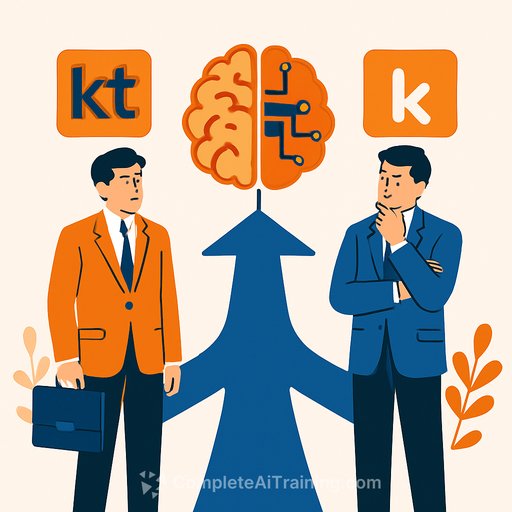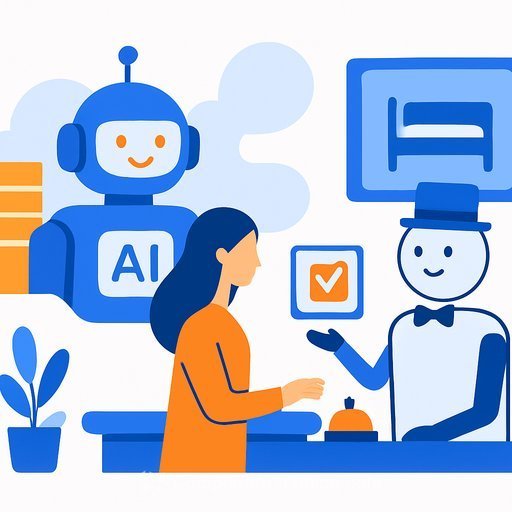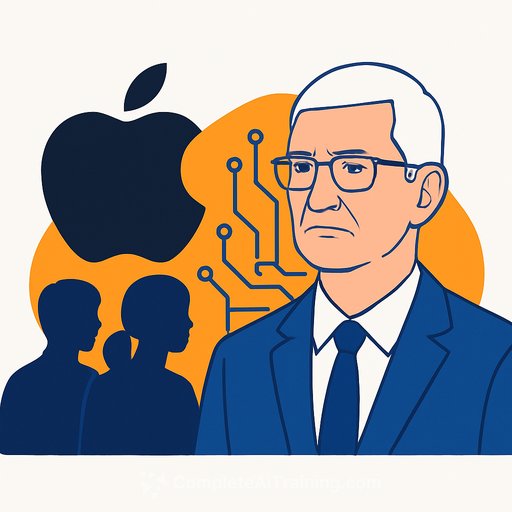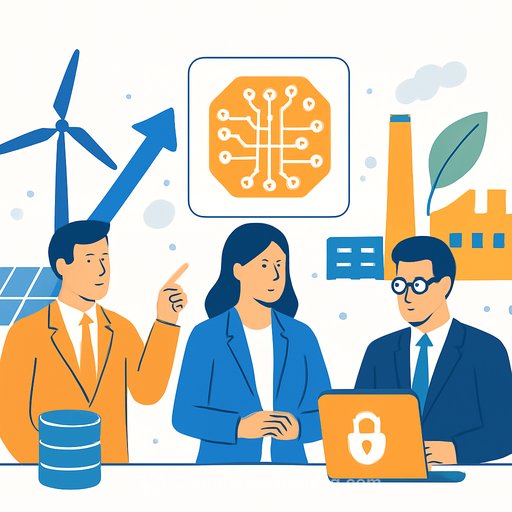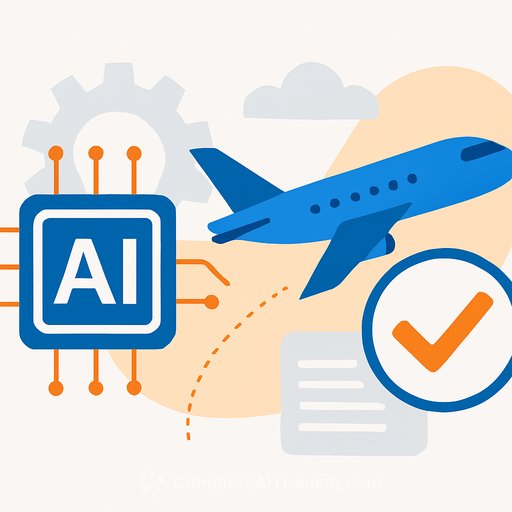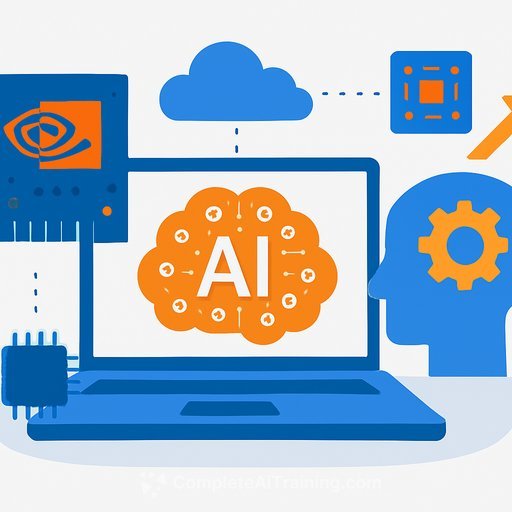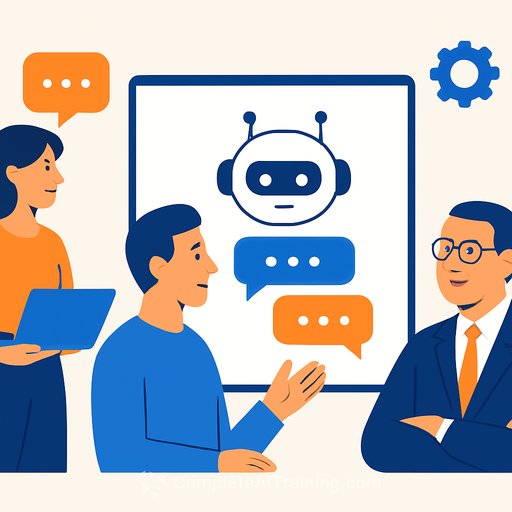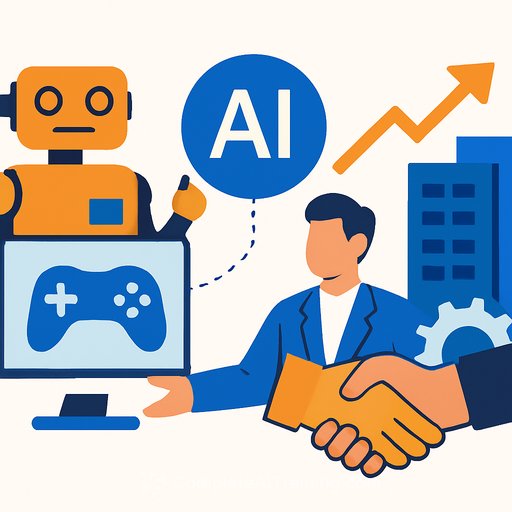Will KT and Kakao Rethink AI Strategy After Exclusion from Korea’s Sovereign AI Project?
The Korean government’s recent decision to exclude KT and Kakao from its flagship sovereign artificial intelligence (AI) initiative signals a significant shift in the country’s AI priorities. The move highlights a strong emphasis on technological independence, pushing these major players to reconsider their AI development approaches.
State-Backed AI Project and Selection Criteria
On August 4, the Ministry of Science and ICT announced the five consortia chosen for the AI foundation model project. This state-backed program allocates 200 billion won (~$145 million) in resources, including access to high-performance GPUs, data, and talent. The winning groups—led by Naver Cloud, Upstage, SK Telecom, NC AI, and LG AI Research—were selected based on their ability to create independent AI models from scratch. These models must demonstrate global-level multimodal capabilities and commercial viability through open-source platforms.
KT and Kakao, despite being household names in Korea’s tech ecosystem, were notably absent from the list. Experts interpret this as a reflection of the government’s focus on fostering domestic innovation and reducing reliance on foreign technologies.
Why KT and Kakao Fell Short
Both KT and Kakao have invested in their own large language models—KT’s Mi:dm and Kakao’s Kanana—but their development pace has lagged behind competitors. For example, KT introduced Mi:dm in 2023 but only released version 2.0 this year after collaborating with Microsoft. Kakao took a more cautious approach with Kanana, ultimately partnering with OpenAI earlier this year, leaving Kanana at version 1.5.
In contrast, LG’s EXAONE has progressed to version 4.0 through continuous upgrades, and Naver’s HyperCLOVA has gone through six iterations. The government’s evaluation prioritized the ability to independently design and pretrain AI models rather than customizing or localizing existing foreign models.
According to Song Sang-hoon, deputy minister for ICT policy, “This project emphasized true from-scratch capabilities. We evaluated teams on their technical breadth and practical contribution.”
The Impact of Global Partnerships
KT and Kakao’s strong ties to global tech firms like Microsoft and OpenAI, while beneficial in some respects, appeared to work against them in this context. Industry insiders suggest that these partnerships raised concerns about their technological autonomy, which stands in contrast to the project’s goal of sovereign AI.
This exclusion sends a clear message: the government is prioritizing domestic technological independence over global collaboration within its flagship AI initiatives.
What This Means for KT and Kakao
Experts agree that KT and Kakao remain competent AI players, but they must adapt to the new policy environment if they want to stay competitive in government-supported projects. Continued reliance solely on foreign partnerships is unlikely to align with Korea’s sovereign AI ambitions.
Professor Lee Seong-yeob of Korea University noted, “Given the government’s direction, KT and Kakao will need to engage more with domestic AI ecosystems and build independent capabilities.”
However, some experts also point out that exclusion from this project is not a definitive setback. Large corporations like KT and Kakao have the resources to pursue alternative strategies and can still shape their AI futures independently.
Current Moves by KT and Kakao
Kakao appears undeterred. In its recent earnings call, the company announced plans to launch an AI service co-developed with OpenAI, integrated into its popular messaging app KakaoTalk. CEO Chung Shin-a emphasized mass adoption, stating, “Starting in the second half of this year, we’ll create opportunities for everyone in Korea to experience AI in their daily lives.”
She also outlined plans to build a new AI agent ecosystem, initially through KakaoTalk integrations, then expanding across various sectors with affiliates and external partners.
KT, meanwhile, described the government project as “an evaluation process” and stated that its outcome does not determine the overall success of its AI business. KT intends to continue its two-track approach of developing the Mi:dm model alongside leveraging Big Tech APIs.
Looking Ahead
This episode reflects a broader trend in Korea’s AI landscape: the government is placing a premium on sovereignty and self-reliance. For executives and strategists in the IT sector, this means recalibrating partnerships and innovation strategies to align with national priorities.
For those interested in deepening their AI expertise to better navigate these shifts, exploring comprehensive AI courses and certifications can provide practical skills and insights. Resources such as Complete AI Training’s latest AI courses offer valuable opportunities for professionals.
Your membership also unlocks:

